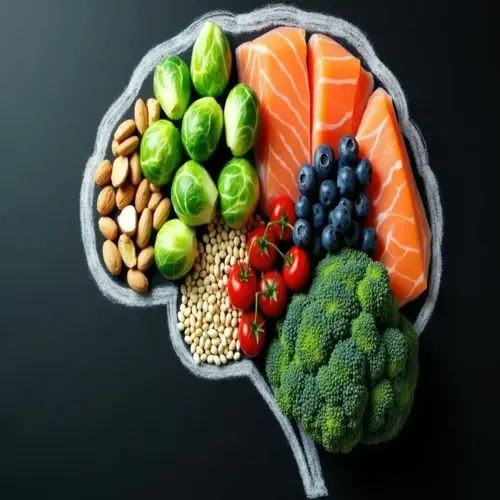What are the daily zinc requirements?

Written by
Stella Nilsson
Reviewed by
Prof. Benjamin Murphy, Ph.D.Due to differences in biological requirements, daily zinc requirements vary significantly for different ages, sexes, and life stages. The recommended daily intake is 11mg for adult men to support good immune function and metabolic processes. 8mg per day will suffice in adult women under normal conditions, but during pregnancy, 11mg is necessary for fetal development. Young children require smaller amounts of zinc, but have such a small margin of safety that regulation is needed. Such differences demonstrate how changes in biological requirements impact various stages of life.
Life Stage Adjustments
- Pregnancy increases needs 38% for fetal tissue development
- Breastfeeding requires 12mg daily for milk production
- Adolescents need increased amounts during growth spurts
Absorption Factors
- Vegetarians may need 50% more zinc due to lower bioavailability
- Elderly absorb zinc less efficiently requiring nutrient-dense choices
- Illness increases requirements for immune support
The safety margins of the groups differ significantly. Adults with a maximum of 40 mg do not suffer from it. In children, this maximum rises only to 12 mg. In overstepping these figures, nausea and copper deficiency arise. To a lesser extent, these foods can be utilized without fear of damage, whilst the abuse of these so-called food supplements containing the mineral would entail a bigger risk. The oyster gives a high degree of zinc consumed within the balanced nutrient matrix.
Bioavailability greatly determines actual zinc requirements. Animal zinc is absorbed with 50% efficiency, and plant zinc may be as low as 15%. This suggests that vegetarians may need 16mg of zinc in their diet, rather than the recommended 11mg. There are various methods of preparing food, such as soaking lentils, to improve the absorption of zinc. When food contains vitamin C, it greatly increases the absorption of the mineral.
For the effective fulfillment of food requirements, effective means should be employed. Six medium oysters supply the recommended daily allowance of zinc for men. Or, vegetarians should eat ½ cup of lentils combined with 30g of pumpkin seeds. Include zinc-rich food sources in several meals during the day to ensure adequate coverage. Watch for signs of possible deficiency, such as frequent illness, to determine adequacy.
Certain populations require careful consideration for proper zinc intake. Pregnant women should emphasize foods such as beef and eggs. Snacks such as pumpkin seed bars can provide zinc for children. The elderly should focus on foods that are easy to absorb, such as seafood. Consult with a healthcare professional before taking any supplements.
Read the full article: 10 Top Zinc Rich Foods to Eat

